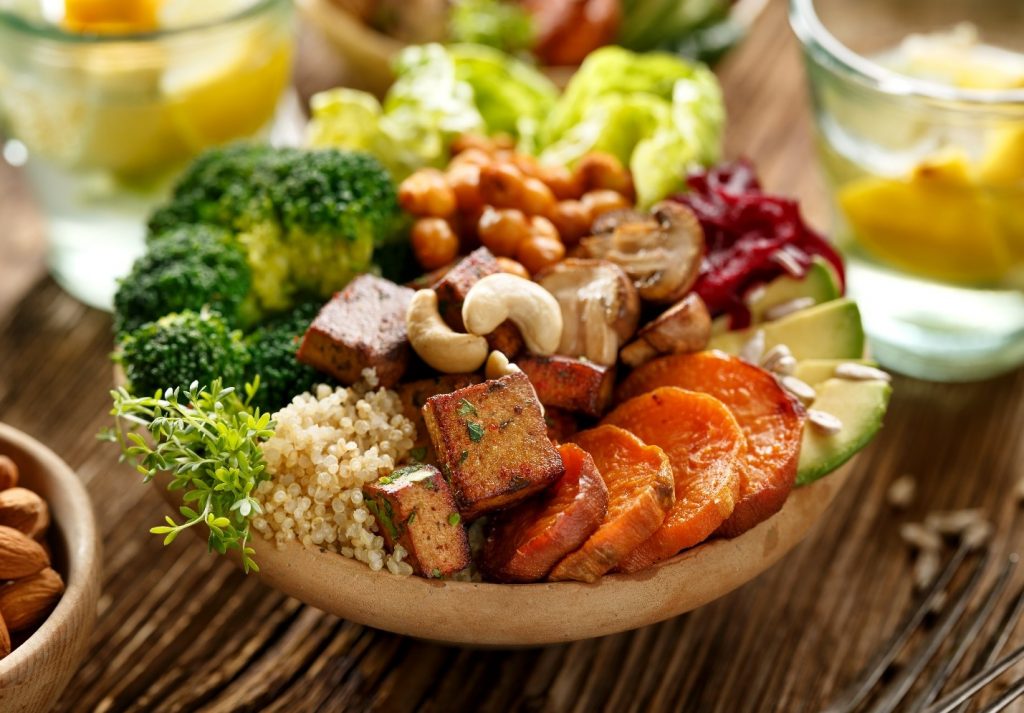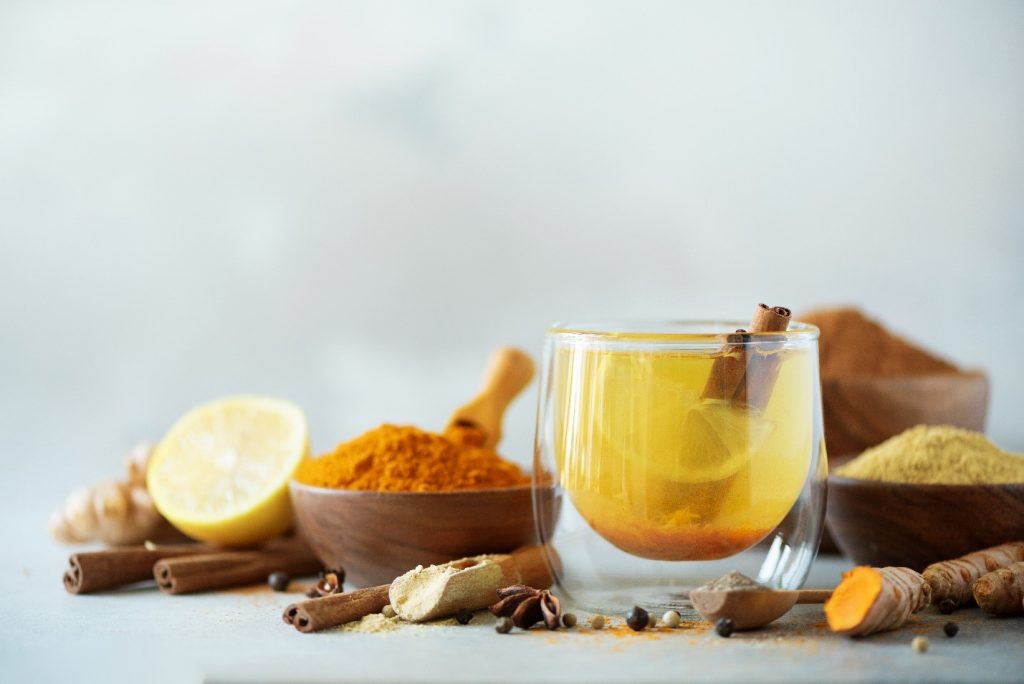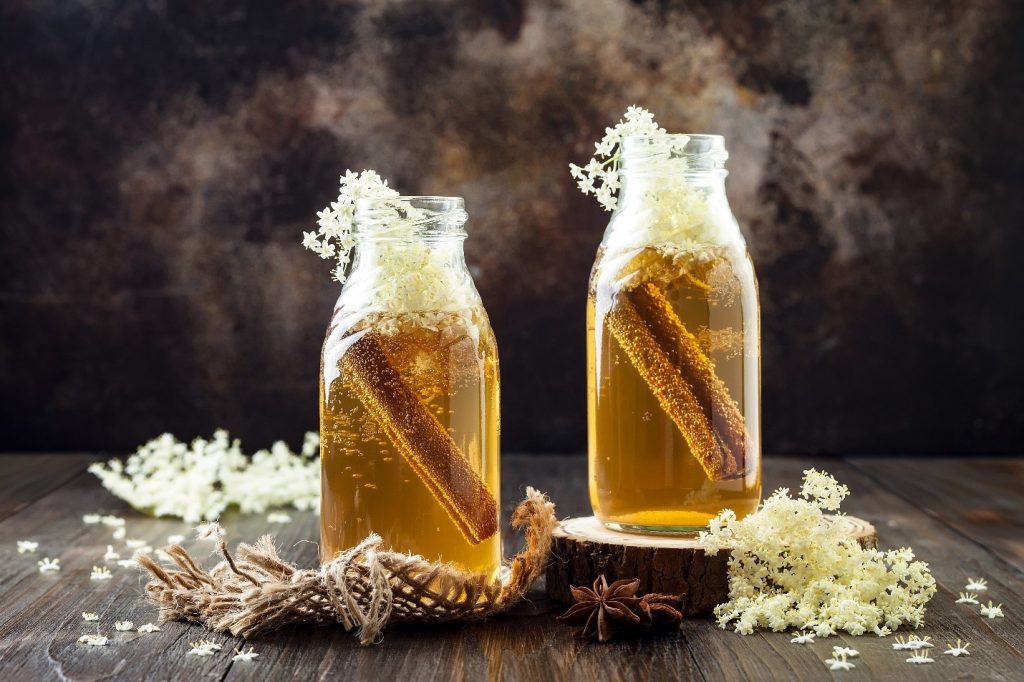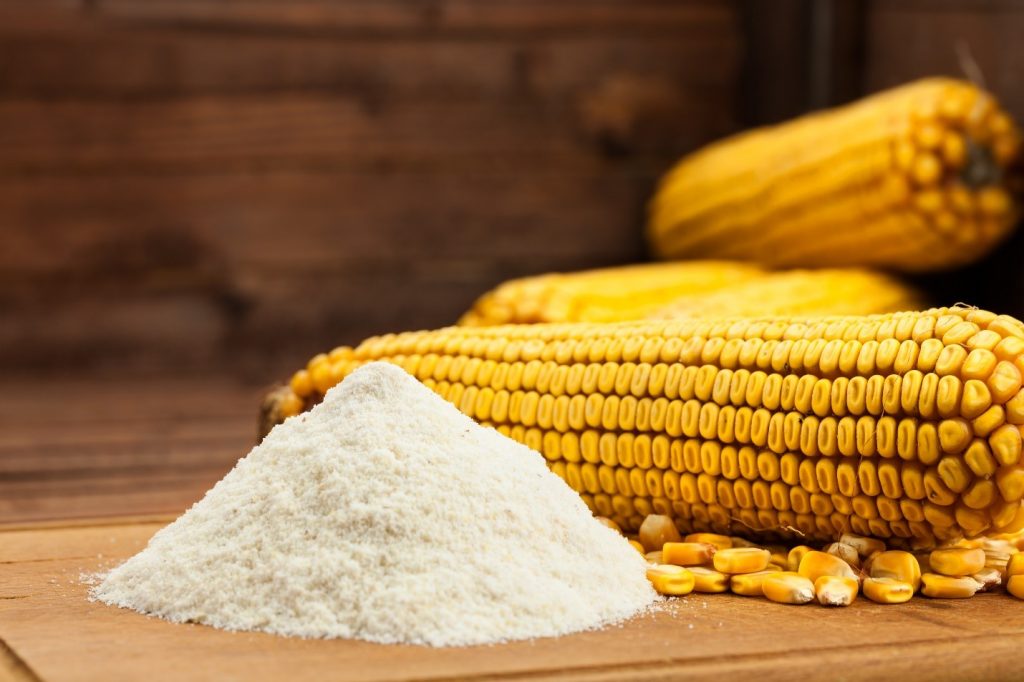Did you know that globally, 1 in 7 children and youths are experiencing a form of mental health issue, and they rarely address these issues due to its stigma? Plus, depression affects up to 18% of Singaporean youths. With how rapidly our world is developing, it’s no surprise that youth of today are subject to a rise in mental health stressors. There is an increase in diagnoses of clinical anxiety, depression, and other mental disorders, with clinical depression regarded as a leading cause of diminished quality of life. The consequences of failing to address youth mental health conditions extend to adulthood, impairing physical and psychological health and limiting opportunities to lead fulfilling lives as adults.

(Source: Asmara.sg)
Simple mindfulness meditation, yoga, regular exercise, counselling/psychotherapy, and proper diet are well documented to have a direct impact on our stress and mood levels. Although many factors may affect our physical and mental well-being, our diet is the simplest way we can aid our body and mind. By simply maintaining balanced and nutritious diet rich in fruits, vegetables, whole grains, low glycemic index carbohydrates, omega 3 (e.g., mackerel and salmon), magnesium (e.g., nuts and legumes), Vitamin D (e.g., sunlight and sardine), and Vitamin Bs (e.g., wholegrain and chicken), one may feel increasingly better physically and mentally. But what novel foods can help further?

(Source: Asmara.sg)
‘Mood Foods’ are a trending group of foods that can possibly boost our mood gradually. Asmara Food Scientists have paid special interest in these foods and beverages that contain compounds that make consumers feel calmer. There are several mood foods available in the market today, including optimized turmeric, dark cocoa, ashwagandha ginseng, inositol, saffron, prebiotics, and specific probiotics. As scientific research grows to elucidate the relationship between food and the mind, many potential mood foods also increase.

(Source: Asmara.sg)
Saffron is a spice not many people might know of. It is an ingredient used as a colouring and flavouring agent in various foods. Different cultures from the Middle East, Europe and India hold several historical, medicinal, and culinary significance to Saffron. It is commonly used in gravies, biryani, dairy products and even perfumery. Saffron spices contain more than 150 astonishing compounds, some of which possess anti-stress and mood-enhancing properties. Clinical studies showed that people with mood issues responded positively when given Saffron. Preliminary studies have also demonstrated that Saffron may even be effective in relieving PMS! So how exactly can you incorporate Saffron into your diet? Try putting 2-3 Saffron threads or stigma into gravies, soups, and rice dishes or even opting to drink some Saffron tea! The possibilities of incorporating this wonderful spice into your diet are endless. The same applies for Turmeric and Ashwagandha powder, whereby a pinch can be easily added to your stews or pasta sauce or gravies.

(Source: Asmara.sg)
By now, you may have heard of Probiotics and Prebiotics due to their rise in popularity in recent years. This results from the increase in scientific evidence proving that they are beneficial to human health. So, what is it, and why the craze?
Probiotics are beneficial bacteria that may provide health benefits when consumed adequately. They are found in yoghurt, sauerkraut, fermented soybean products and other dairy-based probiotic drinks. Research has shown that they can aid in several ways:
- Maintaining a healthy digestive system
- Improving the immune system functions
- Overall enhancing the mood of individuals
Several gold standard clinical trials have shown that the specific probiotic strains, R0052 and R0175, had influenced and improved volunteers’ moods. There is a connection between the gut and the brain that vastly influences our moods.

(Source: Asmara.sg)
Additionally, Prebiotics is another term that comes hand in hand with Probiotics, but what is it exactly? Prebiotics is the ‘food’ that the good bacteria feed off. They are fibres found in certain fruits and vegetables, such as legumes, beans, peas, oats, Jerusalem artichokes, asparagus. dandelion green, and garlic. These fibres are complex carbohydrates and are not digestible by the body; hence they pass through the digestive system to become food for the good bacteria. Thus, Prebiotics plays a crucial role as well in modulating our moods.

(Source: Asmara.sg)
You do not need to worry about purchasing probiotics and prebiotics supplement bottles. Instead, you can easily consume them in the different foods you take daily! For example, you can quickly grab a cup of yoghurt or stir-fry some asparagus and garlic during the day to get your probiotic and prebiotic fix.
Overall, having a colourful, complete and nutritious diet is one of the ways you can easily ensure that you are taking care of your mind and body. After all, your gut is your second brain, right?

